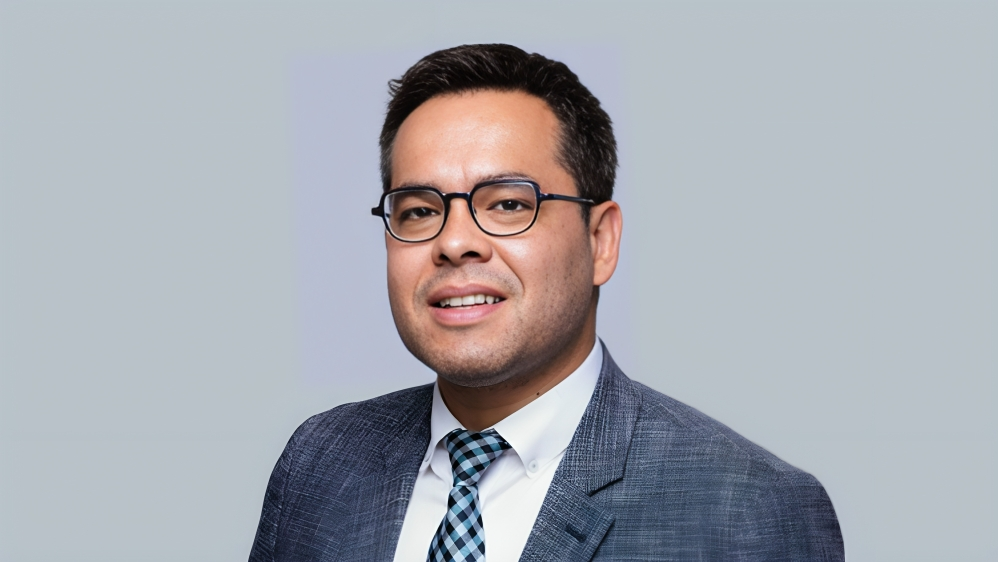Fabio Ynoe de Moraes, Radiation Oncologist and Associate Professor at Queen’s University, shared a post on LinkedIn:
“It’s Time to Transform Lung Cancer Care: A Global Policy Imperative
Subject: Lung Cancer, Health Policy, Cancer Care
Lung cancer remains the world’s leading cause of cancer death, with cases projected to soar to 4.4 million by 2050. Yet, this report from the IASLC Global Policy and Partnerships Committee reveals a powerful truth: most of this suffering is preventable, and much of it is treatable – if we act now.
This isn’t just a clinical challenge; it’s a policy failure. For too long, lung cancer has been deprioritized, often overshadowed by stigma. The recent adoption of the Lung Health Resolution at the World Health Assembly is a crucial step, but resolutions alone won’t save lives. We need concrete, global action.
The report outlines a comprehensive blueprint for policymakers across four critical pillars:
Reduce the Risk – The vast majority of cases stem from modifiable risks.
Tobacco: We must fully implement the WHO Framework Convention on Tobacco Control (FCTC), especially raising taxes. Only 15% of the world’s population is covered by taxes at the recommended level.
Pollution: Adherence to WHO air quality guidelines is non-negotiable. Household air pollution alone caused nearly 190,000 lung cancer deaths in 2019. Clean fuel subsidies and better home insulation are key.
Workplaces: Bans on asbestos and silica (like Australia’s ban on engineered stone) must be universal. Radon testing in homes and workplaces is critical.
2. Detect It Earlier – Diagnosing at Stage IV offers a grim 7-18% 5-year survival. Diagnosing at Stage I via screening? An 87% 20-year survival rate.
Screening Works: National LDCT programs (like those in the UK and Taiwan) are dramatically increasing early-stage diagnoses. Taiwan’s program, which includes non-smokers with a family history, saw an 85% decrease in late-stage diagnoses for that group.
Awareness is Key: Nearly 40% of people globally can’t name a single lung cancer symptom. Tailored public and clinician education campaigns are vital to combat stigma and drive early help-seeking.
Streamline Pathways: Rapid referral programs, ideally with patient navigators, can slash diagnosis times from weeks to days, as demonstrated in Massachusetts, US.
3. Improve Care and Access – Access to quality care is wildly inequitable, especially in LMICs and rural areas.
Define Pathways: Implement care pathways with strict time targets (e.g., England’s 28-day diagnosis goal) to reduce deadly delays.
Embrace Tech and Navigation: Telehealth breaks down geographical barriers. Patient navigators improve coordination, increase treatment uptake, and are cost-effective.
Fund the Essentials: Biomarker testing is fundamental for precision medicine but is underfunded globally. Reimbursement for life-saving medicines is patchy, forcing patients into financial ruin or forgoing treatment.
4. Support Life Beyond Cancer – Survival rates are improving (e.g., more than doubling in Taiwan), so we must support survivors to truly live.
Holistic Support: Integrate palliative, psychological, and rehabilitative care from day one, not just at end-of-life.
Financial Toxicity: Over 60% of patients and 78% of carers face severe financial hardship. “Right to be forgotten” policies (implemented in 9 European countries) are essential to ensure access to mortgages and insurance after treatment.
Return to Work: Employment support programs, like Belgium’s “Rentree,” are crucial. Work provides normalcy and purpose, yet discrimination remains a significant barrier.
The Bottom Line: This is a $3.9 trillion economic burden and an incalculable human cost. The solutions are known. What’s missing is the political will and coordinated global investment.
Let’s turn the tide. Share this post to raise awareness. Tag your health ministers, policymakers, and global health organizations. Demand they prioritize lung cancer.
Together, we can transform care and save millions of lives.
Access the full report here.
Report developed by IASLC Global Policy and Partnerships Committee in collaboration with The Health Policy Partnership, September 2025.”
More posts featuring Fabio Ynoe de Moraes.


